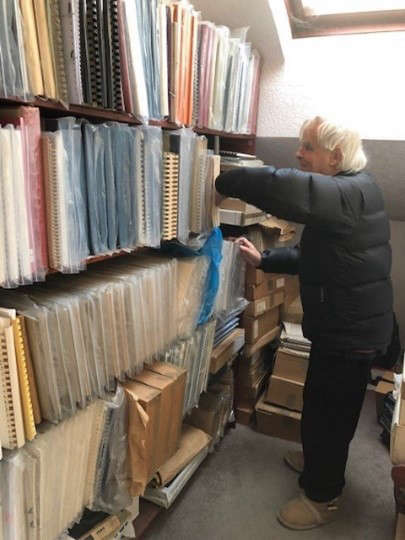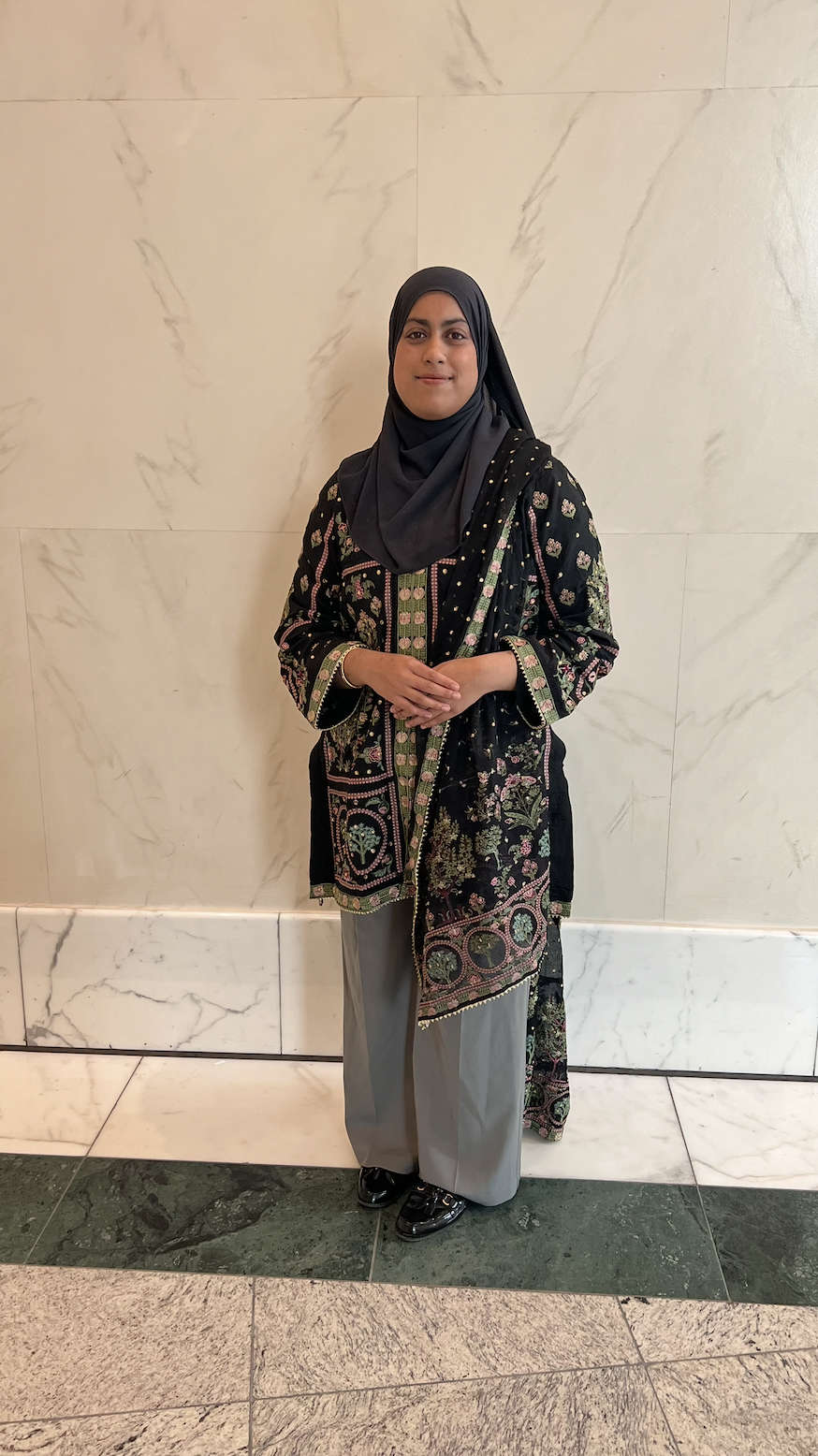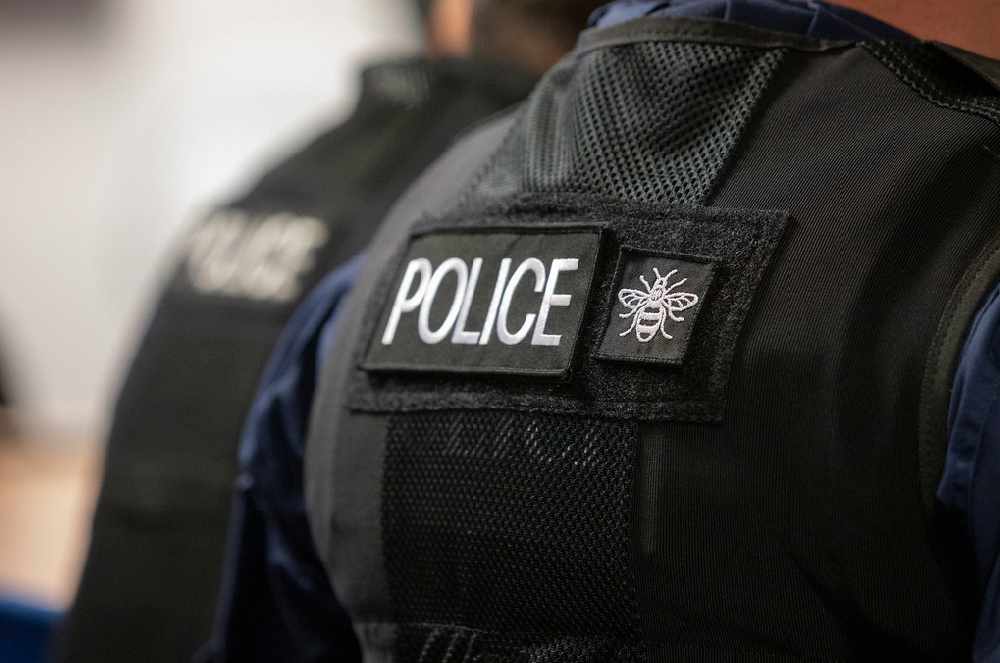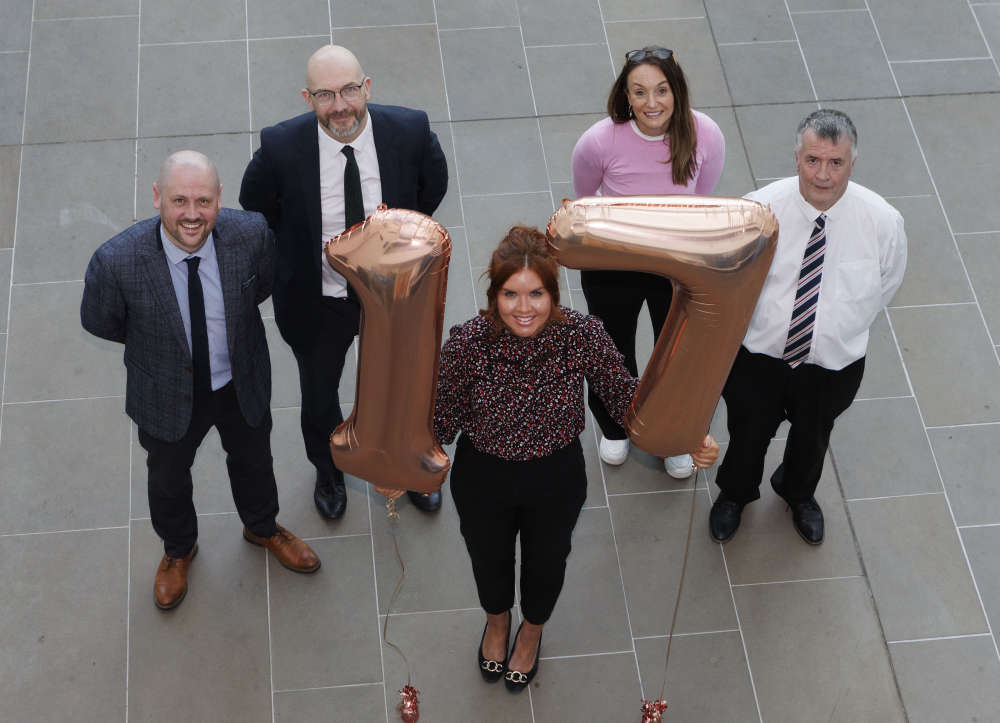
Champion of braille, Mike Howell, is hailing World Braille Day today (Wednesday) - the anniversary marking the birth of inventor Louis Braille more than 200 years ago.
Braille is the system of raised dots that has enabled some blind and partially sighted people to read and write for over 200 years.
The braille system is based on variations of six dots, arranged in two columns of three. Variations of the six dots represent the letters of the alphabet, punctuation and groups of letters.
The Frenchman Louis Braille lost his sight at the age of four.
The Royal National Institute of Blind People (RNIB) says braille remains more vital than ever, evolving alongside the advances of new technology.
Mike Howell, 77, from Oldham, has a sight loss condition called Retinal Aplasia and is registered blind. He has been an avid braille reader for over 70 years and first started reading braille Noddy books with his mother as a child. He now uses his Orbit Reader device to edit and create his own texts in braille.
He has recently completed a mammoth project to transcribe a totally new version of the New Testament, including all its’ 27 books. Additionally, his most recent project, completed in just 17 days, was a rewrite of the Charles Dickens classic Oliver Twist.
Mike said: “Transcribing the New Testament was a vast pleasure and a vast challenge at the same time. I gathered together as many versions of the Bible in braille as I could get my hands on and also some in audio book and studied them very fastidiously.
“I don’t find braille has got many limitations. It’s remarkable how durable braille is. Lots of things come and go, but you can pick up a braille book from 100 years and read it as easily as you would something from today. And with modern portable braille readers, it’s possible to carry around many more books than would have been possible in the past.”
David Clarke, Chief Operating Officer at RNIB, said: "There are two million people in the UK living with sight loss and it is estimated around 20,000 are braille readers like myself.
“Braille can open the door to greater independence, knowledge and more personal choice, whether it’s the ability to read the latest novel or labels on bottles to distinguish household products. Braille continues to play an incredibly important role in RNIB’s work, from promoting the development of braille technology to extending the range of braille products, publications and services we provide for readers.”
RNIB has 10,900 files in its braille library. Readers can request a physical braille copy printed on demand, download a title from RNIB's reading services platform, or buy a SD card with thousands of braille files available on it. The most popular authors requested in 2022 include J K Rowling, Anna Jacobs, Richard Osman, Lee Child, Elly Griffiths and Maeve Binchy.
The RNIB library also has around 2,500 braille music scores as well as various maths and science books, codes and maps. RNIB also transcribes magazines into braille - TV guides are the most popular.
Braille is practical too, offering a system for labelling items around the house (from food tins and medicines to CDs and DVDs, which increase independence for those living with sight loss.


 Student making headlines with new shoe brand
Student making headlines with new shoe brand
 Think! Fatal 4 Offences
Think! Fatal 4 Offences
 Don’t Be Puzzled by Dogs Wearing Muzzles
Don’t Be Puzzled by Dogs Wearing Muzzles
 Millions seized from criminals to help communities tackle crime
Millions seized from criminals to help communities tackle crime

